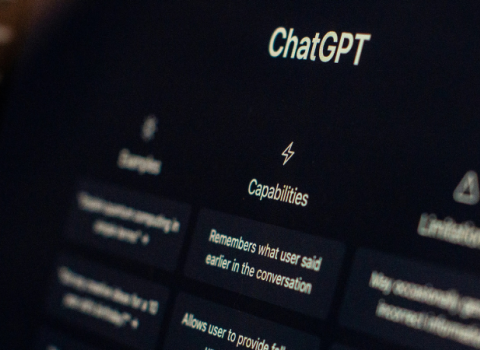
Online GP consultation systems may not be the silver bullet for reducing GP workload and patient waiting times that government policymakers are hoping for, according to researchers at Bristol University.
These systems offer the potential to revolutionise use of primary care, but only with careful implementation and appropriate promotion by GP practices, the researchers concluded.
The research, published in BMJ Open (British Medical Journal Open) and BJGP (British Journal of General Practice), evaluated eConsult, an online consultation system where patients can submit symptoms to a GP electronically through the practice’s website, creating an ‘e-consultation’.
The system was piloted in 36 GP practices in Bristol and the surrounding region. The researchers factored website usage data, how patients using the system went on to use other care, patient surveys and interviews with practice staff into their analysis.
They found that patients’ use of the system was low. Across the 36 practices, which have a total of 396,828 patients, there were 7,472 e-consultations during the 15 month pilot, an average of two e-consultations a month for every 1,000 patients.
Usage was lowest outside standard practice opening hours, especially at weekends. Nearly 60 per cent of all e-consultations took place Monday to Wednesday, with use declining towards the end of the week. Just over 12 per cent of e-consultations were completed at the weekend. Users were more likely to be female and aged 25-44 years.
The most common reason for an e-consultation was for administrative reasons such as requesting fit notes (a statement of fitness for work), getting test results, or asking for repeat prescriptions, followed by infections and musculoskeletal problems, such as back or knee pain.
Most patients said they valued the eConsult system. Clinicians reported eConsult worked best for simple and routine enquiries that they could respond to without the need for a face-to-face or telephone follow up.
Practices were often motivated to use the system because it offered the potential to reduce face-to-face contacts and free up GP time, as well as improving access for patients. However, GPs highlighted the challenges of conducting remote consultations when there is no facility for real time interactions with patients.
Thirty-eight per cent of e-consultations led on to a face-to-face consultation. A further 32 per cent resulted in a telephone call from a GP, for more information to reach a clinical decision. A face-to-face consultation was more likely for patients with a new condition than a pre-existing condition.
When symptoms were complex or new, clinicians felt it was best to arrange a face-to-face consultation. Practice staff felt these cases were using more GP time than if there had just been a usual face-to-face appointment.
eConsult’s lack of integration with existing IT systems also led to duplication of effort for practice staff.
While online consultations did not make for efficiency savings, they did improve access for some patients, the researchers found.
Some of the issues they found were due to limitations of the eConsult system itself. Other issues were associated with the way practices advertise and implement these types of systems.
“While our study focused on a particular system in a regional GP consortium, there are lessons here for any GP practice considering moving to an electronic consultation system,” said Jeremy Horwood of Bristol University’s Centre for Academic Primary Care.
There is a central government drive to move to these systems, with NHS England offering a £45 million fund to support GP practices to adopt online consultation. However, there is limited evidence on the use and effectiveness of online consultations, prompting the National Institute of Health Research to fund the research.
“Our research shows that they need to be carefully implemented and effectively marketed to yield the benefits that politicians are hoping for,” Horwood said. “Online consultations may have value for some patients, such as straightforward medical enquiries, but they cannot replace face-to-face consultations in situations which are more complex.”
“We welcome studies such as this, from which we learn and evolve,” said Murray Ellender, Chief Executive of eConsult. “Online consultations may not be a silver bullet, although our experience shows they could be a significant part of the solution, and have evolved a long way since this study was carried out.”
It is encouraging to note more than six in 10 online consultations did not require a face-to-face consultation, and patient feedback indicates they value having this option, Ellender said. “eConsult now supports more than 350 practices and we are gaining expertise and knowledge all the time, and using this to improve our offer.”
Use of an electronic consultation system in primary care: a qualitative interview study, by Jon Banks, Michelle Farr, Chris Salisbury, Elly Bernard, Kate Northstone, Hannah Edwards and Jeremy Horwood: http://bjgp.org/content/early/2017/11/06/bjgp17X693509
Use of a primary care online consultation system, by whom, when and why: evaluation of a pilot observational study in 36 general practices in South West England, by Hannah B Edwards, Elsa Marques, William Hollingworth, Jeremy Horwood, Michelle Farr, Elly Bernard, Chris Salisbury, Kate Northstone: http://bmjopen.bmj.com/content/7/11/e016901





 A unique international forum for public research organisations and companies to connect their external engagement with strategic interests around their R&D system.
A unique international forum for public research organisations and companies to connect their external engagement with strategic interests around their R&D system.